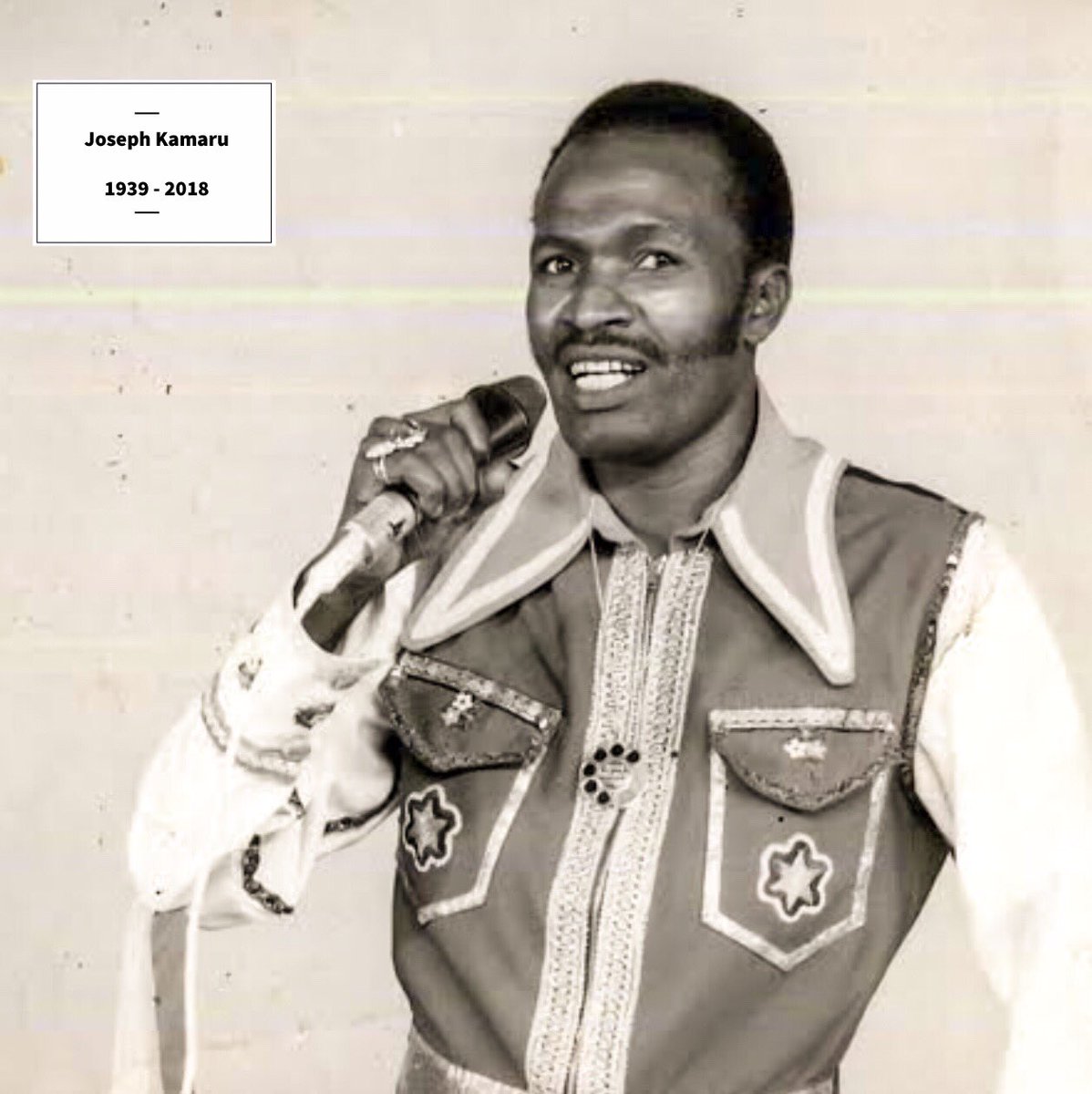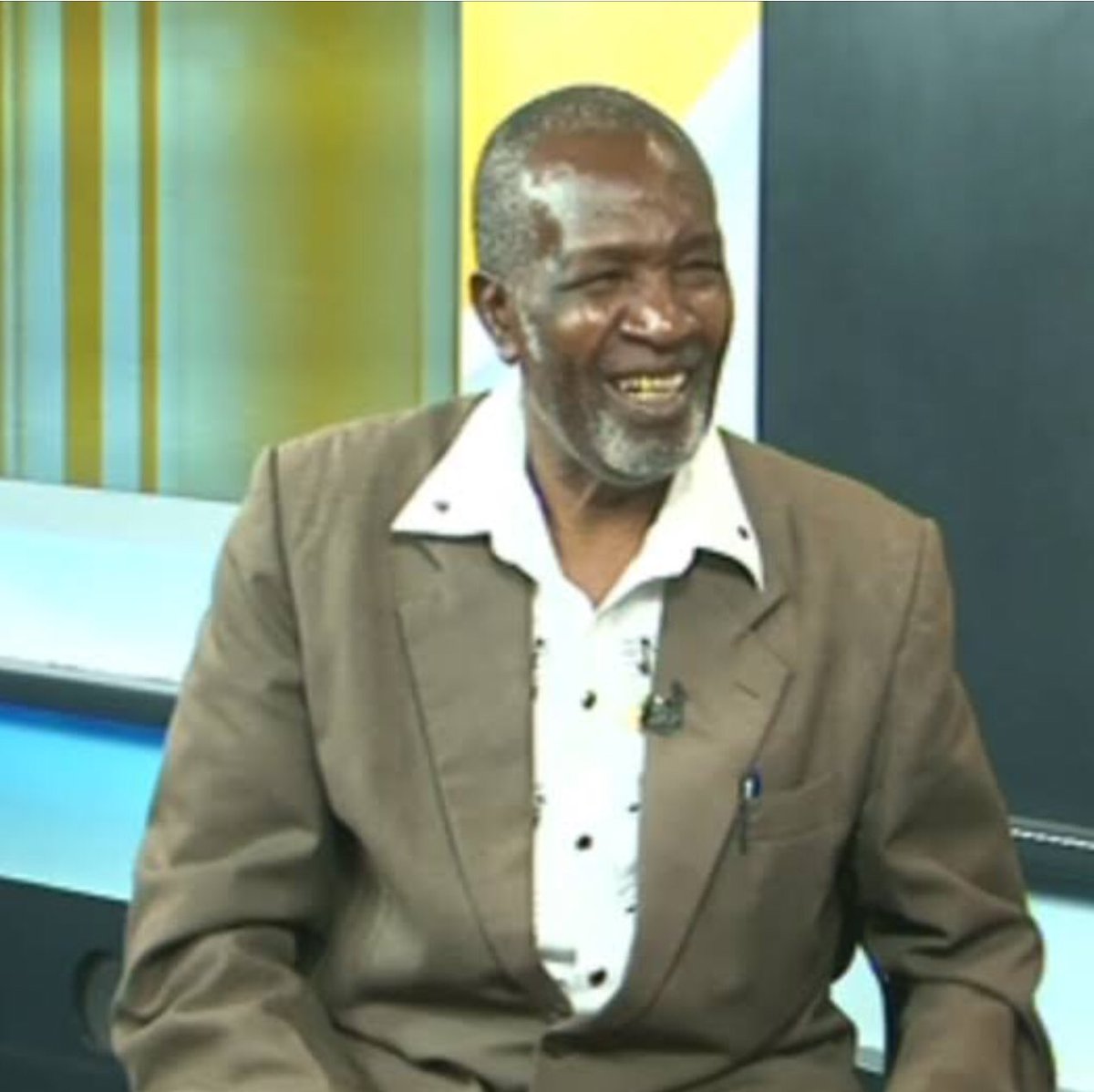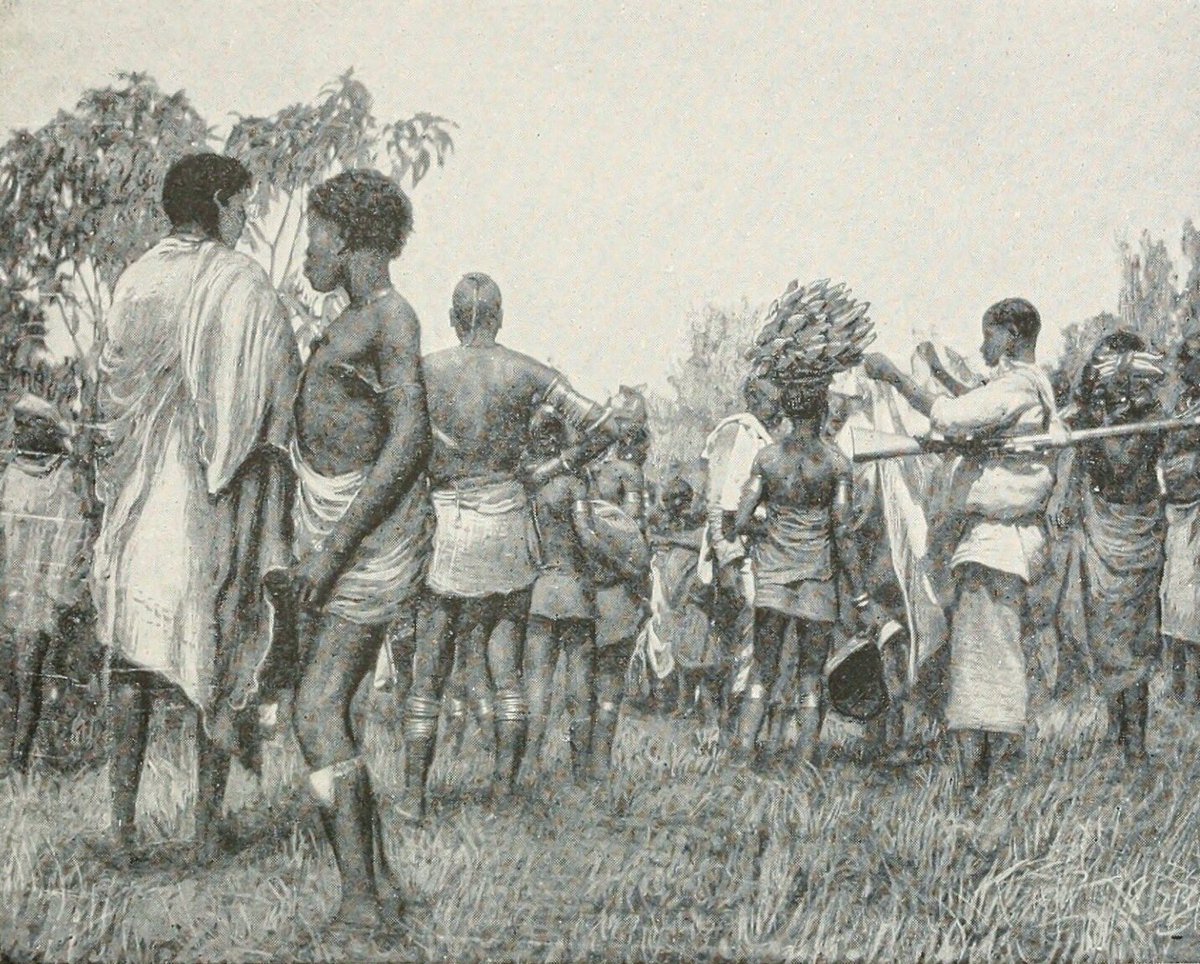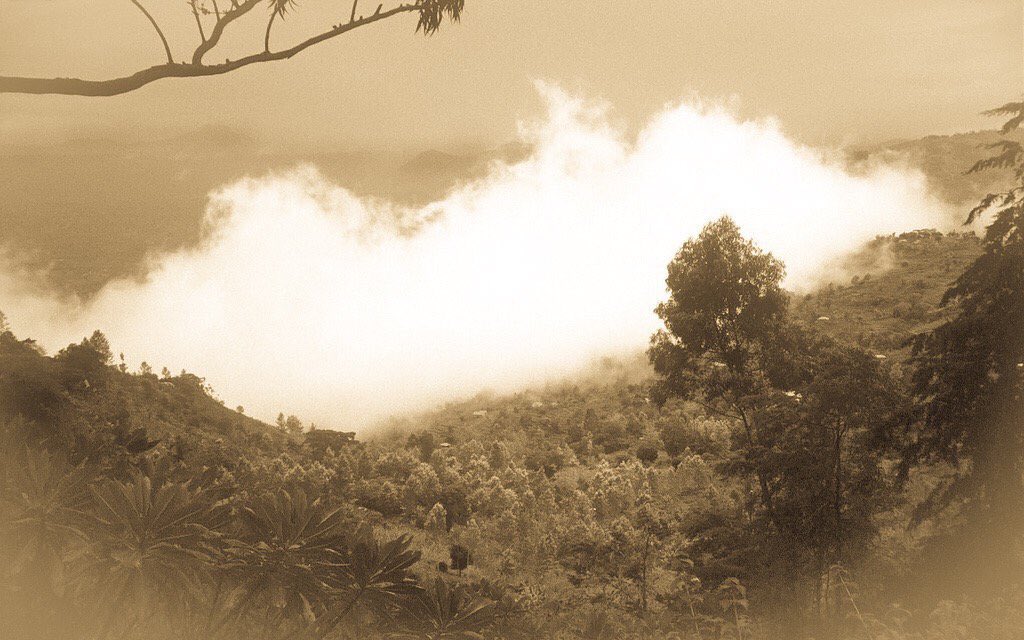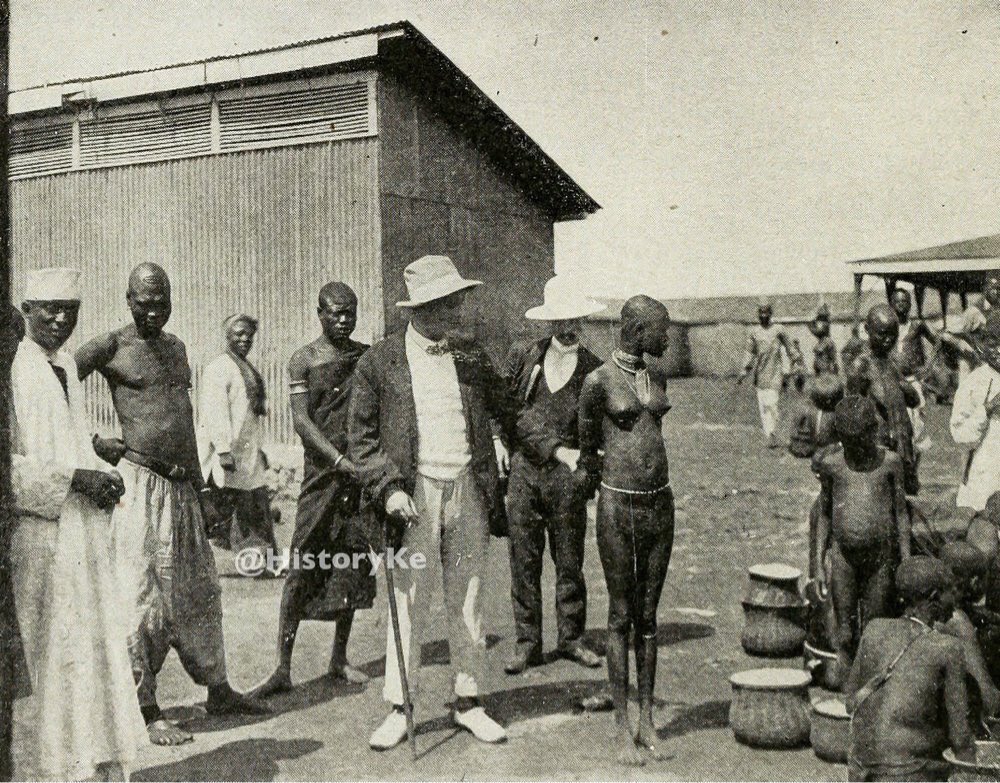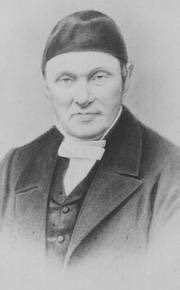1/23 #HistoryKeThread: In early 1905, Nandi warriors attacked a caravan in the Uasin Gishu plateau and made away with unspecified items. 

2/23 This was not the kind of welcome that a task force from the Zionist Congress expected. Ironically, the task force had come on a mission to scout for land in which Jews could be settled harmoniously; land that the British Foreign Office had set aside for...
3/23 ...the “Uganda Plan”.
4/23 The British Foreign Office, which administered Palestine at the time, was determined to settle Jews in areas other than the conflict-prone Middle East. The Jews on their part wanted to be settled in their original homeland, the Holy Land.
5/23 The Uganda Plan was therefore an initiative in the late 19th century mooted by Britain to settle Jews in the Uasin Gishu Plateau, which is in Kenya but was then under the Uganda Protectorate. 

6/23 One of the jewish proponents of the Uganda Plan was Zionist leader Theodor Herzl. He supported the plan not because he didn’t want his people settled in the land of Israel, but out of desperation to save Jewish lives. 

7/23 But Jewish leaders around the world refused to be settled in Africa, leading Herzl to famously remark: “These people have a rope around their neck and still refuse...”
8/23 Nonetheless, the Uganda Plan was approved for consideration. An exploratory expedition sponsored by the Zionist movement was planned. However, lack of funds and protracted negotiations with the British Foreign Office on the exact size and location of the...
9/23 ...settlement delayed it.
10/23 Herzl passed away in July of 1903 before the expedition could be carried out. David Wolffsohn succeeded him as President of the World Zionist Organisation.
11/23 In the summer of 1904, a non-Jewish Englishwoman, Mrs. E.A. Gordon, donated funds for the expedition. Thus in December of 1904, Wolffsohn dispatched the Uganda Plan task force, which was headed by Major A. Hill Gibbons, to Mombasa. Professor Alfred...
12/23 ...Kaiser, a Swiss explorer and scientist, and Nachum Wilbusch, a Russian civil engineer and the only Jew of the three, were other members of the task force.
13/23 Upon reaching Mombasa, the task force’s caravan set off for the interior of Kenya. They spent about two months - during which time they suffered at least one reported attack by Nandi tribesmen - exploring the area around Uasin Gishu Plateau.
14/23 They then returned to Europe to hand in their recommendations.
15/23 Prof. Kaiser was ambivalent on the Uganda Plan, as was Major Gibbons. On his part, Wilbusch was completely opposed to the Uganda Plan.
16/23 On 22nd May 1905, a sub-committee of the World Zionist Congress sat in Vienna to review the report from the expedition. They unanimously voted to recommend to the Congress that the Uganda Plan be rejected.
17/23 And that’s what the Congress later adopted. Their decision was subsequently conveyed to London.
18/23 The planned settlement of Jews in East Africa was also vehemently opposed by white settlers. Through their leader, Lord Delamere, they expressed their “strong objections” against “invasion by alien Jews...”. 

19/23 The pro-settler East African Standard newspaper ran articles that were critical of the proposed Jewish settlement. Some of the articles had unflattering comments, even snide references about sections of East Africa being turned into “Jewganda”. 

20/23 And although it was rejected, the Uganda Plan and negotiations related to it helped put the nascent Kenya colony on the global map. It helped attract both Jewish and non-Jewish settlers into the country, mostly from Europe, of course. 

21/23 Who knows? Perhaps if it wasn’t for his death, Theodor Herzl would have succeeded in helping create a jewish state in Kenya, which we understand means “God’s nest” in Hebrew.
22/23 You can read my previous post about the history of Kenyan Jews on
https://twitter.com/historyke/status/914399028468531200?s=21
23/23 Photos courtesy of Wikipedia and The Standard.
• • •
Missing some Tweet in this thread? You can try to
force a refresh


